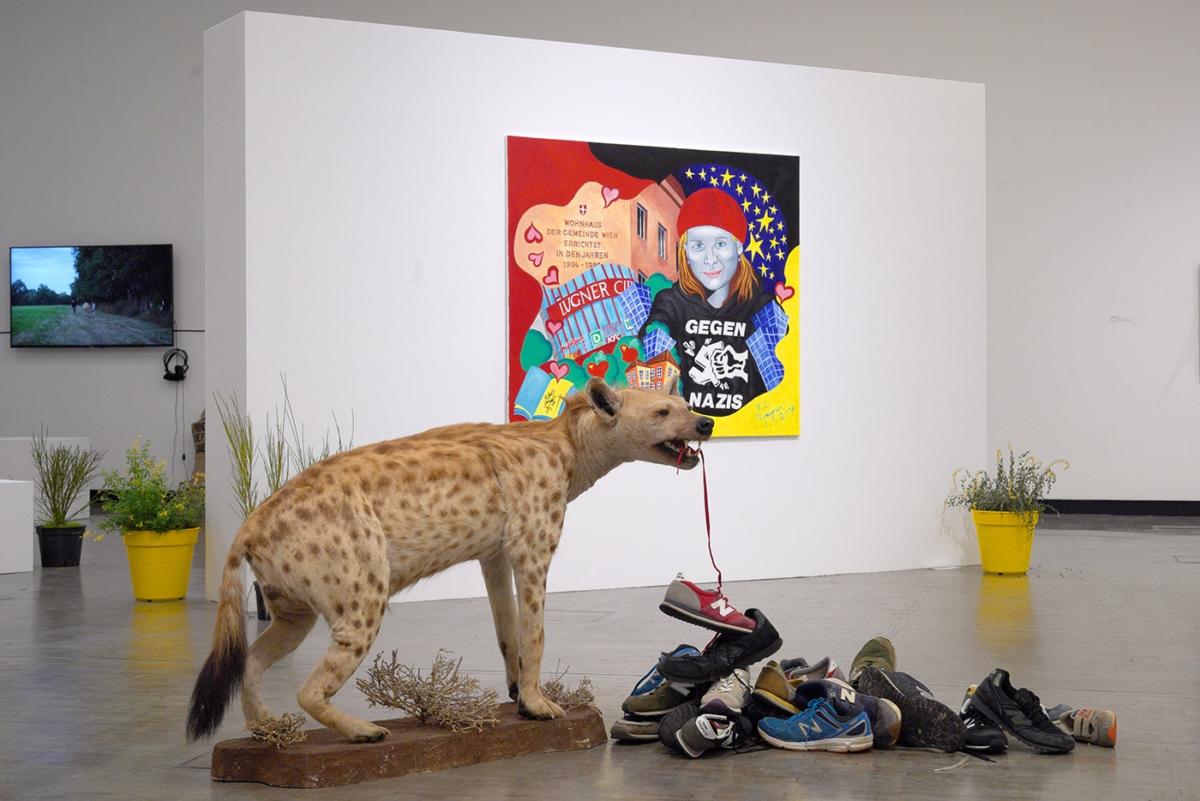
Signals of Things to Come
… of bread, wine, cars security and peace is the first exhibition we have curated since taking over the directorship of kunsthalle wien.[1] This international group show is intended to give visitors an idea of our artistic and political interests, and to present some of the many artists who have inspired our collective work over the years. It also serves as an introduction to the general orientation of the program that we will develop over the first year of our directorship.
The exhibition is shaped by the shift that our collective has made in moving from Zagreb to Vienna after twenty years of working together from our home city. That move inevitably asks us to reflect on the differences between here and there. The political complexity in Austria is in some ways familiar, yet there exists a sense of responsibility and care towards common issues and public concerns here that we miss back home. This sense of shared responsibility is something that we feel is especially present in Vienna, a city that is inseparable from the idea of “the good life” and “well-being.” Having moved here, we also see the ruptures that have diminished these values over the last thirty years (recently represented, for instance, by the legalization of the 12-hour workday).[2] Through the title and subject of the exhibition, we therefore want to indicate how precious these values are for society, culture and everyday life today, and to envision a future that refuses to be complicit with the conditions that created the present.
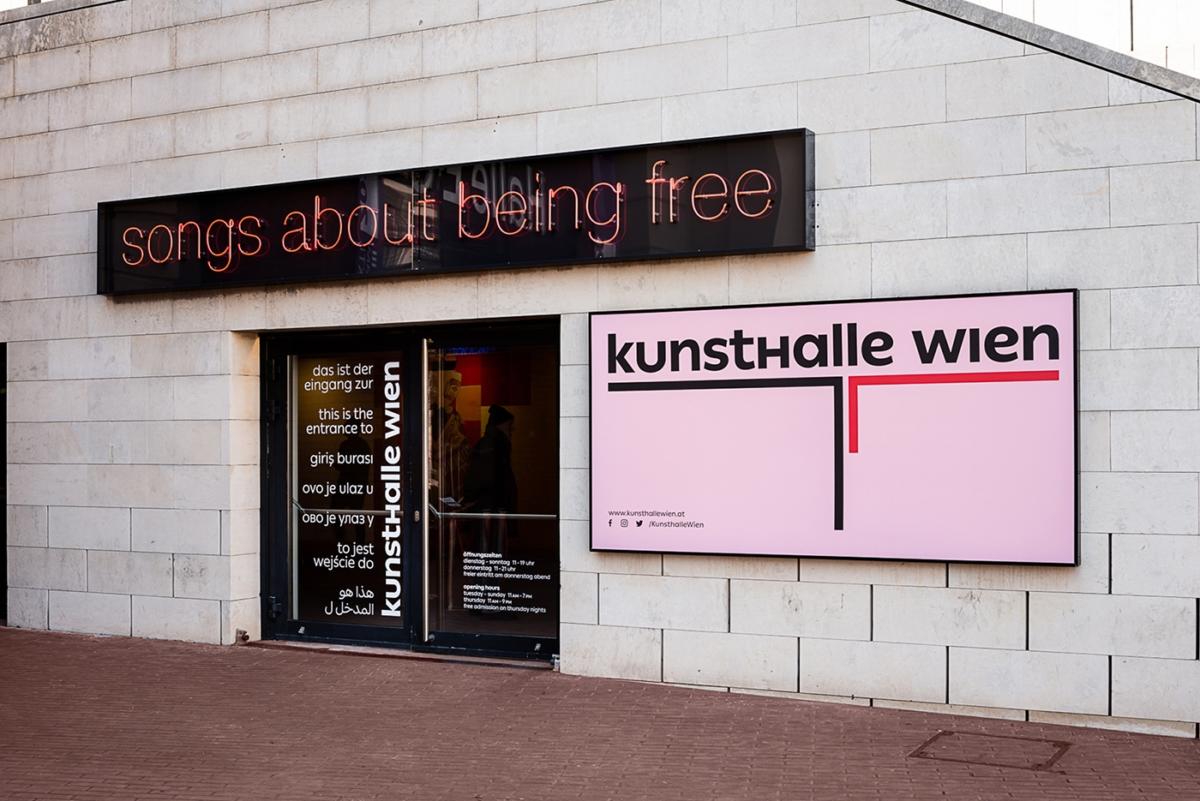
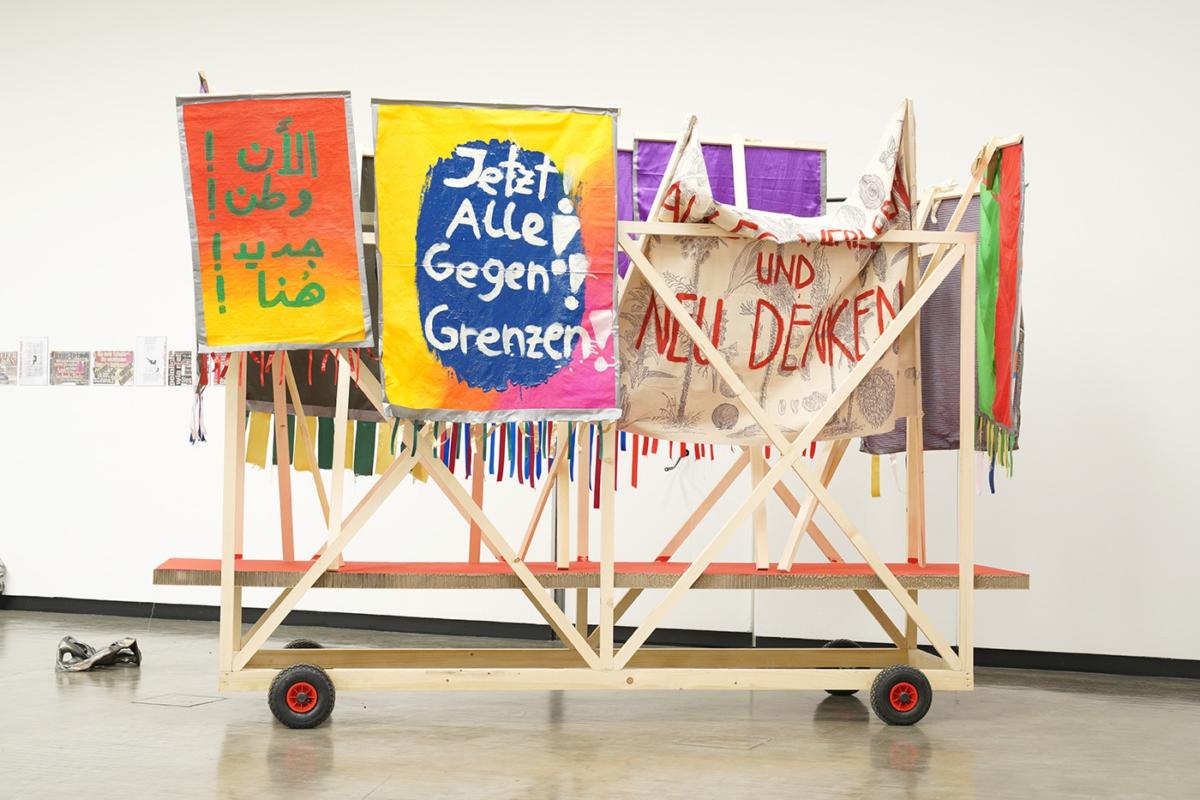
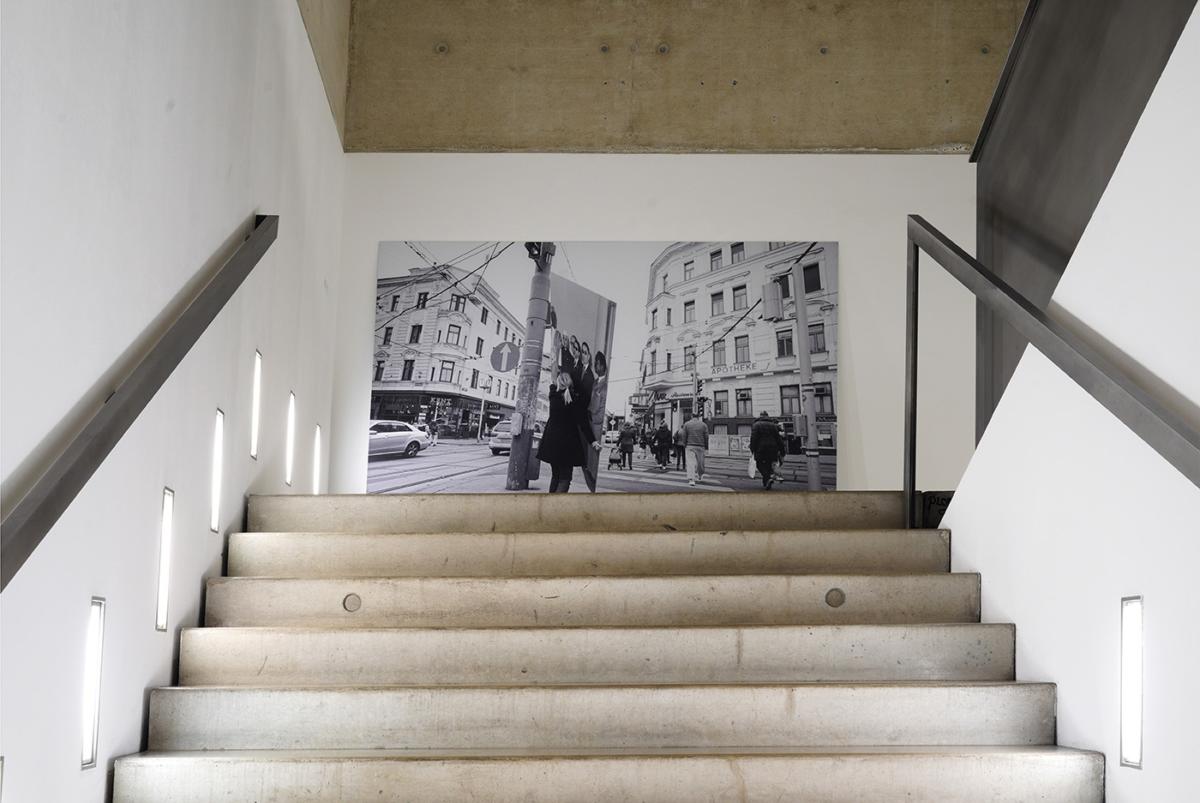
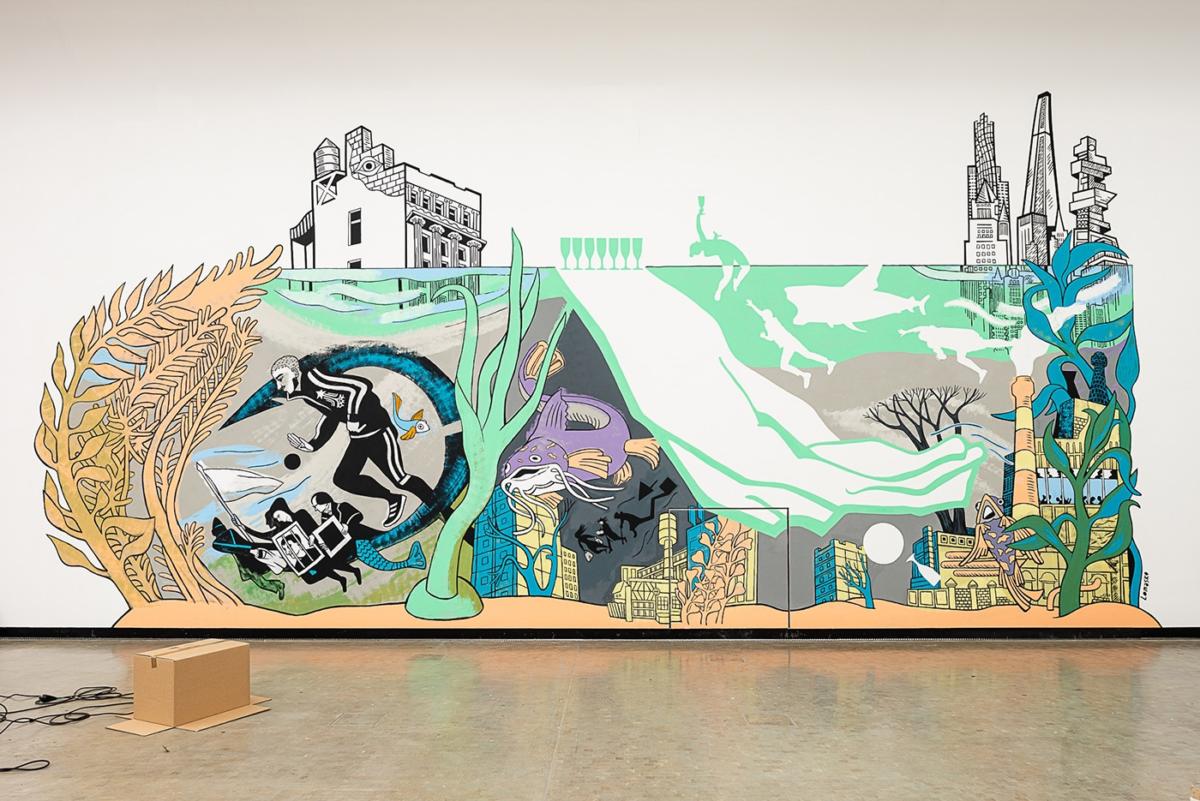
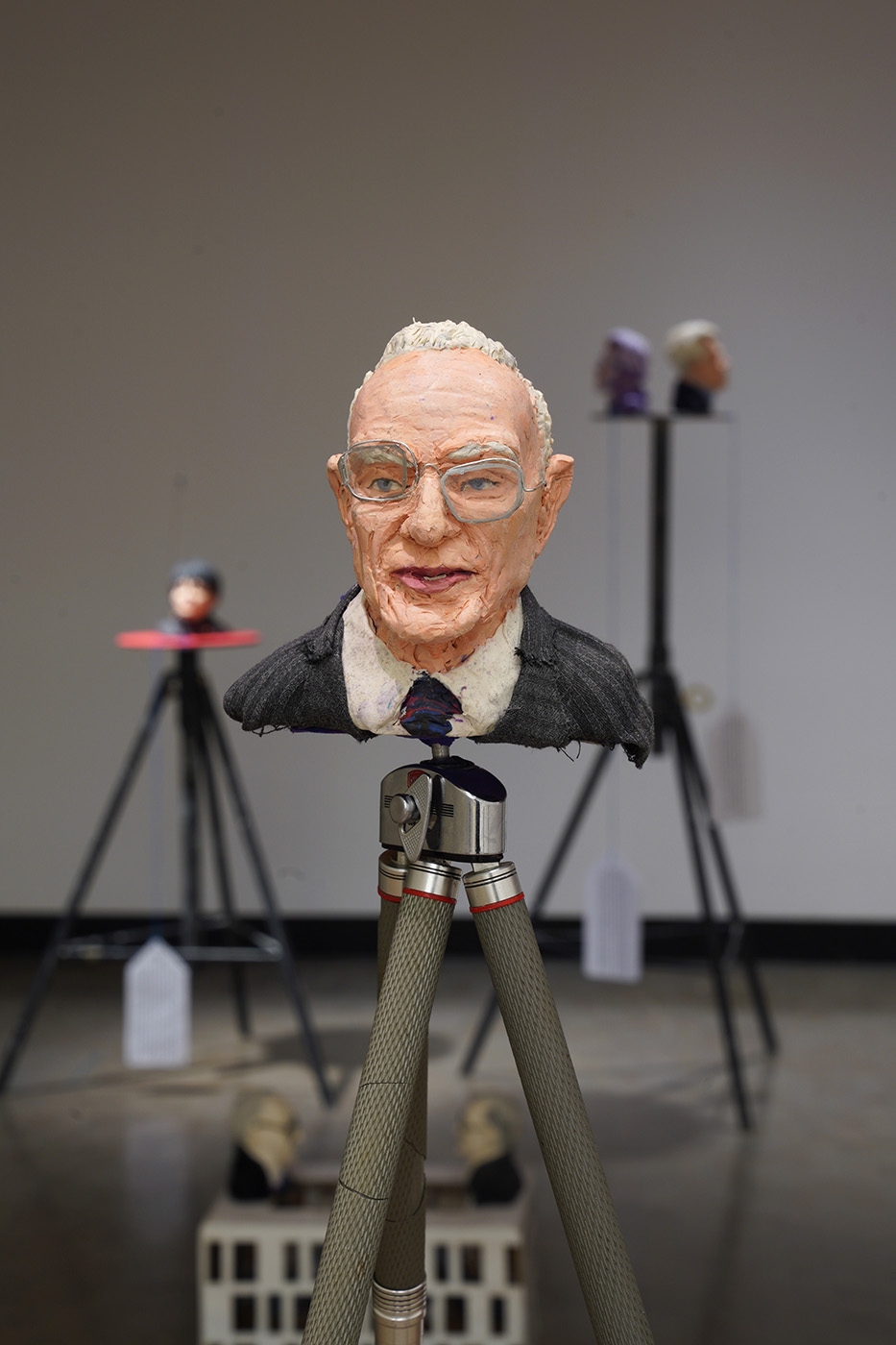
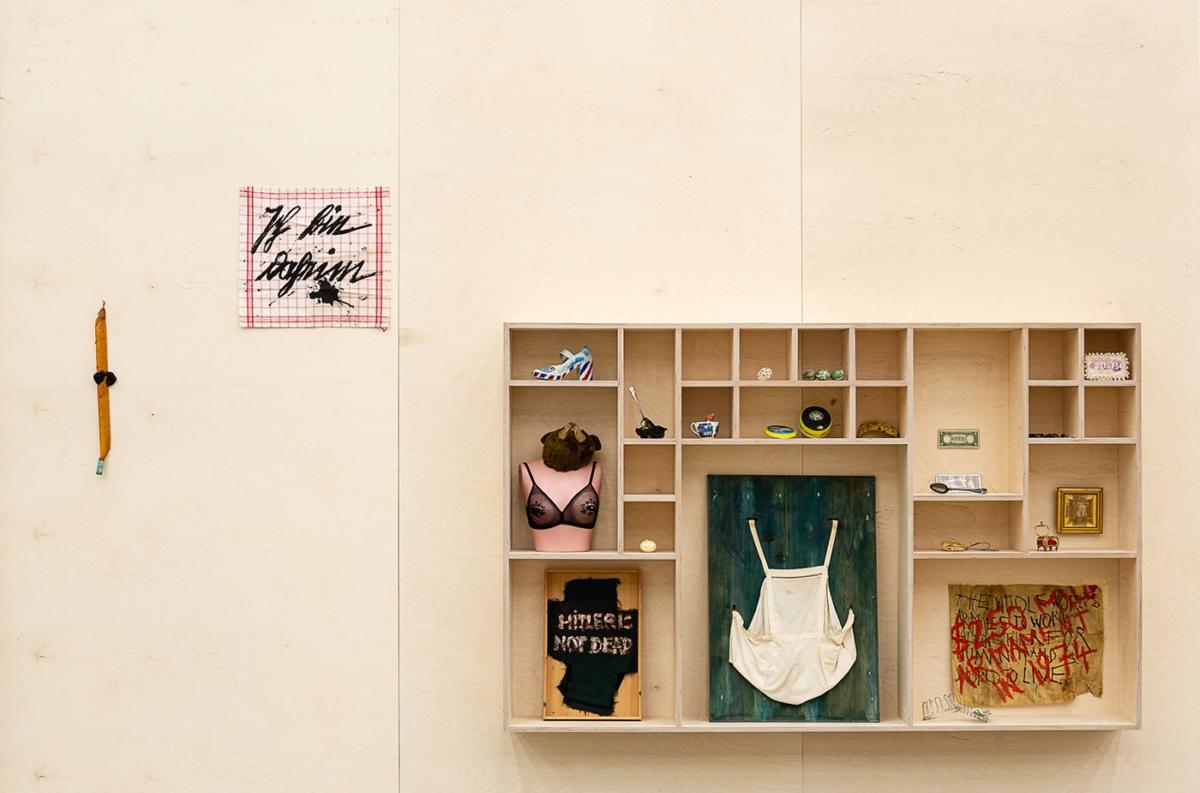
The title quotes Bilal Khbeiz, a Lebanese author who mused over some of the things that made the difference between the dreams of people in the Global South and the West.[3] For Khbeiz, the very list – bread, wine, cars, security and peace – defined an idea of “the good life” that was unattainable for much of the world. Almost two decades later, it seems that these basics begin to escape more and more people living in places where they were once taken for granted: climate change puts the continuation of life on earth under question; ecological destruction gathers pace; faith in the benevolence of capitalism was broken by the 2008 crash, and its horizon of slow global improvement and trickle-down benefits is steadily evaporating.
As a start, one might conclude that each element in the title has turned sour. Food is scarce and industrial agriculture has had terrible effects on the environment. For those who still have enough, bread and wine are often the cause of guilt and shame. The obsessive drive for self-optimization and reckless consumption turn the most basic human desires into marketized products. Cars are climate destroyers and trophy possessions that damage the whole environment and block up our urban spaces. Security has been militarized into a “surveillance state,” in which a dystopian, posthuman landscape of predictive policing, data analysis, and algorithmic management looms over everything. Finally, the best form of peace on offer is a constant low-level war, while the perceived threat of ever further escalation drives democratic politics toward populist leaders around the globe. To put it simply: the idea of a “good life” is a fantasy persisting as “cruel attachment” to a world that is no more.[4]
Nevertheless, this exhibition is not a counsel of despair or a dark critique of all that is wrong with the world. Instead, the artists and artworks on show seek to rethink the “good life,” both as a collective and individual experience. It represents a collaborative effort to understand today’s political world, as well as to reflect, motivate, and assist the struggles to change it. Presenting works by artists of different generations and times in dialogue, the artists suggest real alternatives to the perpetuation of the ruinous economic violence and monstrous social forms we see around us. Critical, constructive and imaginative voices act as faint signals of things to come or those that are already emerging into life. The exhibition posits artistic subjectivity as a place where one can imagine abandoning the fatal dialectic of modern capitalism – and think beyond it. There are already many moral, ecological, and scientific arguments for organizing our economies more fairly and they are becoming increasingly realizable. Degrowth, as one example, is not only a principled stand for an ecologically sustainable world economy governed by human needs. It also looks for tangible ways to celebrate the richness of the planet and all of its life forms.

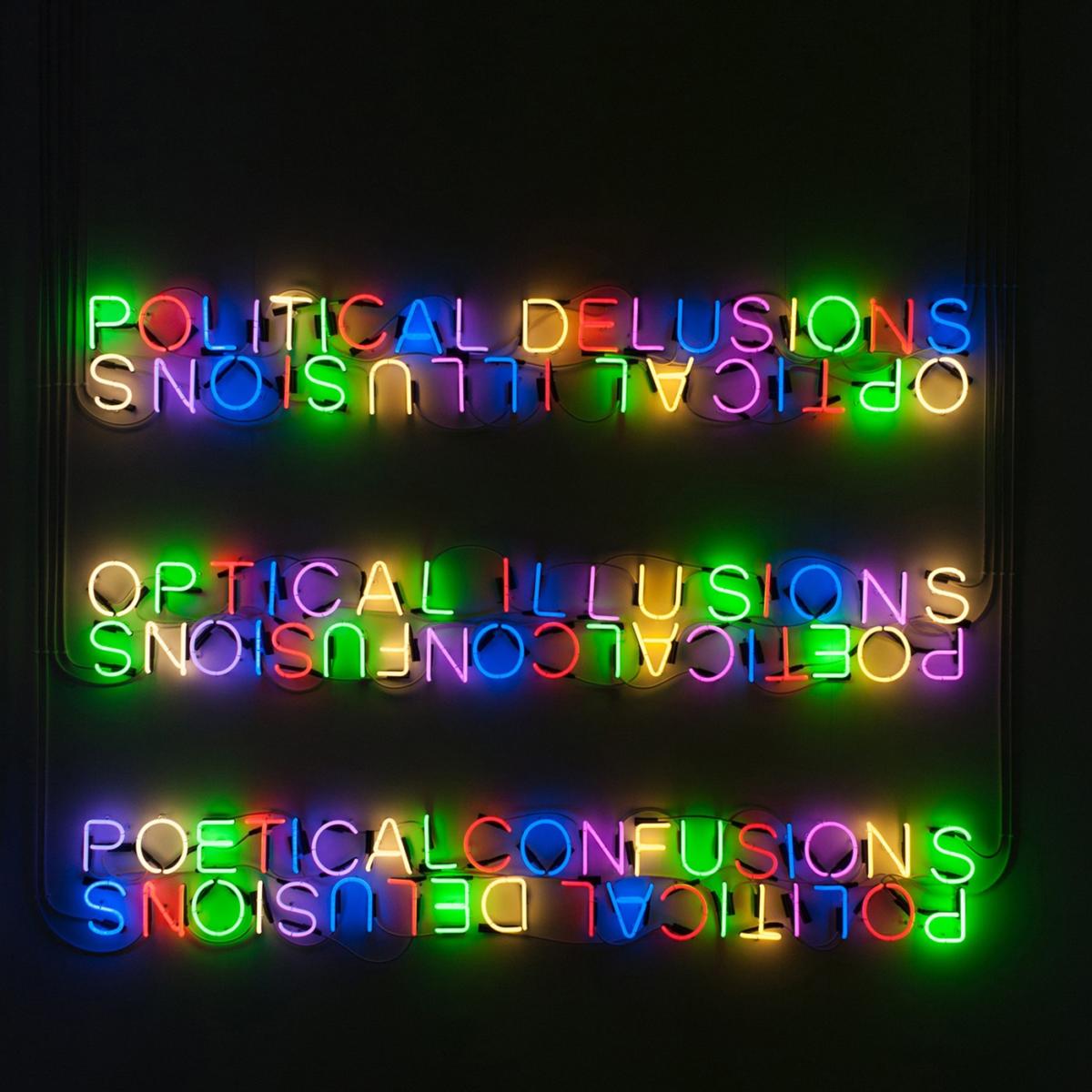
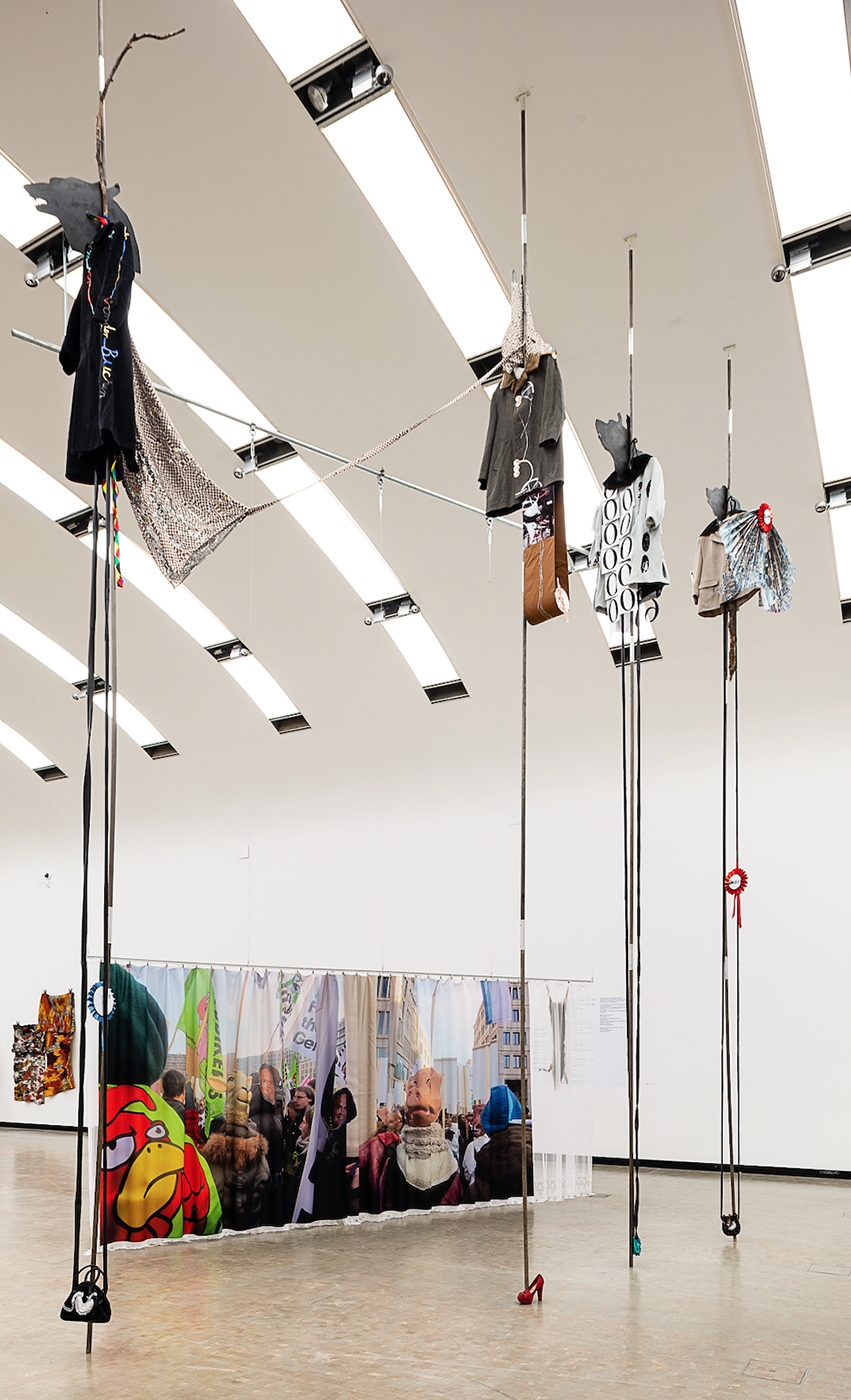
The exhibition had an early start. A series of events at Kasino am Schwarzenbergplatz produced in cooperation with Burgtheater introduced some of the issues at stake in the show, and gave our local audience a chance to find their own perspective on our curatorial propositions. The exhibition itself takes place in all the venues and spaces of kunsthalle wien. It wants to open up the house metaphorically and literally, pushing the threshold of the exhibition towards the public space, while not being afraid of working with all of the contradictions this might reveal. In collaboration with studio das weisse haus we have started a residency program for artists to stay in Vienna during the exhibition and to engage with the educational department of kunsthalle wien to discuss, mediate, and elaborate on their work. The exhibition includes the Space of Questions, an educational space that will host a series of events and serve as a simple invitation to visitors to read, think, leave comments and rest during the visit.
… of bread, wine, cars, security and peace opens on the March 8, International Women’s Day, to emphasize its feminist perspective. Social and ecological reproduction, and a serious reckoning with the ways in which the work of serving others has been shaped by gender and race are at the heart of its vision of the future. It celebrates sustaining and improving human life, as well as the lives of other species who share our world. It proposes a daily life that is less arduous and more pleasurable, with an abundance of communal luxury and collective leisure, where the “good life” is ecologically supportive and oriented toward the flourishing of all.
[1] The curatorial collective What, How & for Whom / WHW started its work in Zagreb on an exhibition entitled What, How & for Whom, dedicated to the 152nd anniversary of the Communist Manifesto (2000). The members of the collective Ivet Ćurlin, Ana Dević, Nataša Ilić, and Sabina Sabolović continue to work together on WHW’s programs in Zagreb.
[2] The new legislation, passed by the votes of ÖVP, FPÖ, and NEOS in 2018 is known as the 12-hours workday” or “60-hours week” (12-Stunden-Tag; 60-Stunden-Woche).
[3] Bilal Khbeiz, Globalization and the Manufacture of Transient Events, Beirut: Ashkal Alwan, 2003.
[4] Laurent Berlant, Cruel Optimism, Durham, N.C.: Duke University Press, 2011.
Imprint
| Artist | Marwa Arsanios, Zach Blas, Sonia Boyce, Banu Cennetoğlu, Alejandro Cesarco, Saddie Choua, Phil Collins, Alice Creischer, Adji Dieye, Ines Doujak, Melanie Ebenhoch, Tim Etchells, Kevin Jerome Everson, Forensic Architecture, Giorgi Gago Gagoshidze, Hito Steyerl & Miloš Trakilović, Monika Grabuschnigg, Vlatka Horvat, Anne Marie Jehle, Gülsün Karamustafa, Jessika Khazrik for the Society of False Witnesses, Victoria Lomasko, Hana Miletić & Globe Aroma, Marina Naprushkina, Tuan Andrew Nguyen, Wendelien van Oldenborgh, Sylvia Palacios Whitman, Dan Perjovschi, Pirate Care, HC Playner, Oliver Ressler, School of Contradiction, Selma Selman, Andreas Siekmann, Daniel Spoerri, Mladen Stilinović, Marlene Streeruwitz, Milica Tomić |
| Exhibition | … of bread, wine, cars, security and peace |
| Place / venue | Kunsthalle Wien |
| Dates | 8 March – 8 May 2020 |
| Curated by | What, How & for Whom / WHW (Ivet Ćurlin, Nataša Ilić und Sabina Sabolović) |
| Website | kunsthallewien.at/en/ |
| Index | Adji Dieye Alejandro Cesarco Alice Creischer Andreas Siekmann Anne Marie Jehle Banu Cennetoğlu Dan Perjovschi Daniel Spoerri Forensic Architecture Giorgi Gago Gagoshidze Globe Aroma Gülsün Karamustafa Hana Miletić HC Playner Hito Steyerl How & for Whom/WHW Ines Doujak Ivet Ćurlin Jessika Khazrik Kevin Jerome Everson Kunsthalle Wien Marina Naprushkina Marlene Streeruwitz Marwa Arsanios Melanie Ebenhoch Milica Tomić Miloš Trakilović Mladen Stilinović Monika Grabuschnigg Nataša Ilić Oliver Ressler Phil Collins Pirate Care Sabina Sabolović Saddie Choua School of Contradiction Selma Selman Society of False Witnesses Sonia Boyce Sylvia Palacios Whitman Tim Etchells Tuan Andrew Nguyen Victoria Lomasko Vlatka Horvat Wendelien van Oldenborgh Zach Blas |
